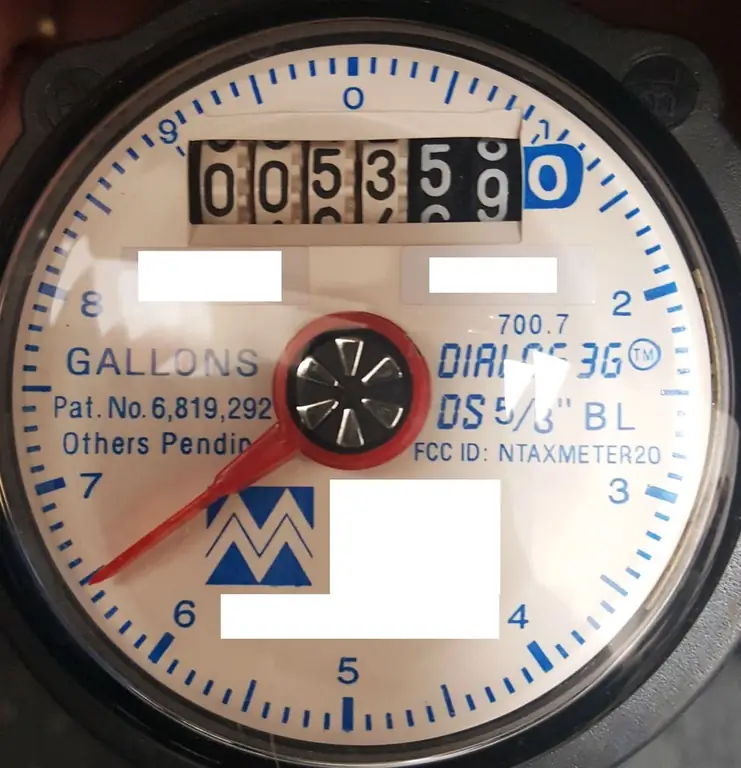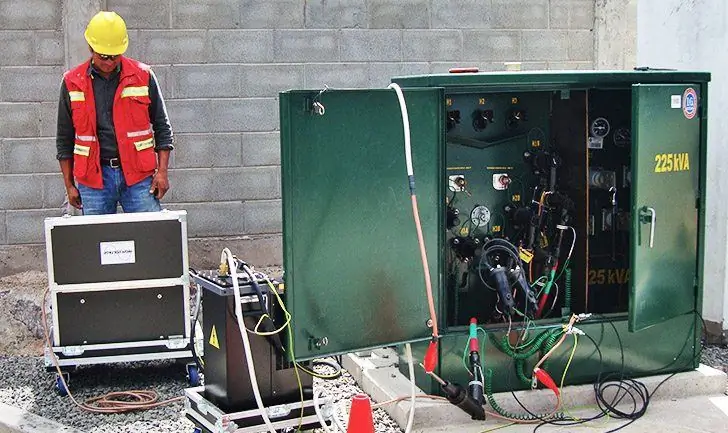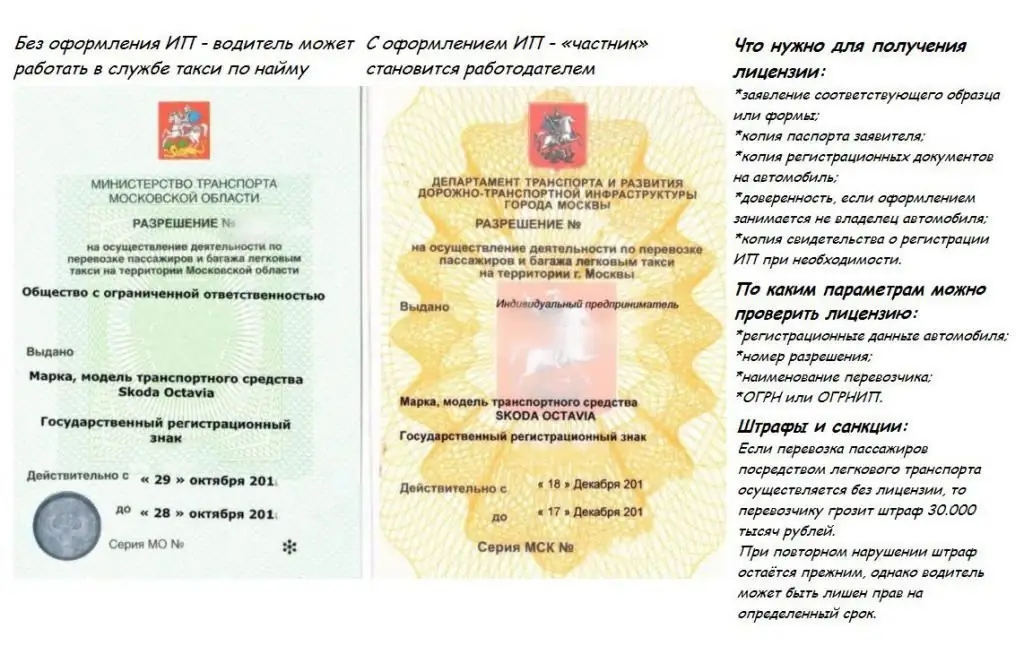2026 Author: Howard Calhoun | calhoun@techconfronts.com. Last modified: 2025-01-24 13:10:25
Diplomatic protocol is a system of rules of etiquette for interstate relations, which are based on the principle of international courtesy. Violation of these rules may damage the authority and prestige of the state.

Officially, diplomatic protocol begins its history in the 19th century - the Vienna Congress of 1814-1815 established a system of rules, conventions and traditions of international communication that had to be observed by heads of state, prime ministers, diplomats, and officials. Diplomatic relations are based on the state's respect for foreign guests and, accordingly, for the entire people they represent. Respect and mutual understanding makes it possible to regulate almost all spheres of foreign political, economic and international relations.
Basic principles of the diplomatic protocol system:
1. Diplomatic etiquette. It is the main component of the protocol and regulates the relations of officials, political leaders and public figures of different states. Diplomatic etiquette complements and improvesrules of civil etiquette. Communication in business, public and government circles takes place according to strict rules that regulate:
- corresponding and addressing each other, making visits, holding meetings and business receptions.
- civil servant uniform and demeanor.

2. Sovereignty of states - different states have different privileges and enjoy different rights.
3. Reciprocity - or, in other words, the rule of obligation to answer. A letter, courtesy call, invitation or business card must be formally answered. Moreover, the answer should contain an introductory (at the beginning of the letter) and a final (at the end of the letter) compliment. The lack of a compliment is regarded as disrespectful or even hostile, which will serve as a pretext for international conflict.
4. Diplomatic protocol strictly follows the principle of precedence, which depends on the rank of the representative of the state and on the date of his accreditation, and not on the importance of the country.
Diplomatic etiquette and protocol must include:
- Ceremonies and official receptions. There are different occasions for official receptions: anniversaries, the arrival of a head of state or government, a foreign delegation, national holidays. Receptions can be evening or day, without seating of guests and with seating - it all depends on the occasion. Evening receptions are considered the most solemn.
- Conversations and meetings that take place between the heads of civil services withdiplomatic missions. The day of the conversation, time, place and topics are agreed in advance.
-

Diplomatic protocol and etiquette Formal dinners, lunches, breakfasts or receptions hosted by heads of state, heads of government, ambassadors, ministers, consuls, military attachés, ship commanders. Diplomatic meetings are held regardless of significant events, in the order of daily work. This type of interaction significantly expands ties, strengthens friendship between countries, influences local government, allows you to exchange necessary information and receive new information.
Diplomatic protocol and etiquette are necessary not only for the first persons of the state and diplomats, but also for any civil servant who deals with international economic cooperation, and businessmen if their activities are related to cooperation with foreign partners. Possession of the norms of business etiquette significantly increases the prestige not only of an individual representative of the state, but of the entire country as a whole.
Recommended:
Shelf life of water meters: period of service and operation, verification periods, operating rules and time of use of hot and cold water meters

The shelf life of water meters varies. It depends on its quality, the condition of the pipes, the connection to cold or hot water, the manufacturer. On average, manufacturers claim about 8-10 years of operation of devices. In this case, the owner is obliged to carry out their verification within the time limits established by law. We will tell you more about this and some other points in the article
What is the Internet protocol: basic concepts

Today, almost all users for global access to the World Wide Web or to create a normal connection over a local area network use the so-called Internet protocols. In each individual case, the situation with their use and configuration can vary quite significantly. Let's try to define the basic concepts
Types of meetings: protocol, structure and content

What types of service and production meetings are there? How to carry them out correctly and what are their main differences? Why do we need minutes of the meeting, who keeps it and what is reflected in it? You can find out all this by reading this article
High-voltage tests: purpose, algorithm, test methods, standards, protocol and compliance with safety rules

The operation of electrical equipment involves a number of high-voltage tests. They are very important for the correct operation of the devices. Their purpose. the algorithm for conducting, norms and compliance with safety rules are described in detail in this article
What you need to work in a taxi: necessary documents and requirements, regulations and legal aspects. Feedback and advice from taxi drivers, customers and dispatchers

According to many passengers, the job of a taxi driver is the easiest. You sit, listen to pleasant music and drive back and forth. And they give you money for it. But this is only the outer side of the coin. The reverse is much less rosy. We will talk about it in this article. And we will also highlight what you need to work in a taxi

